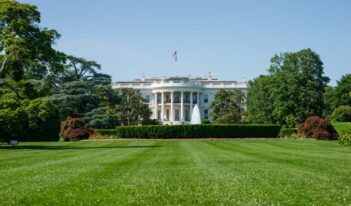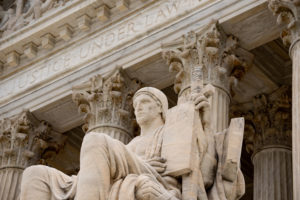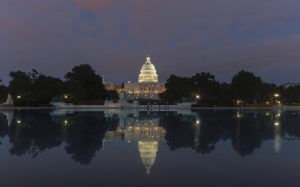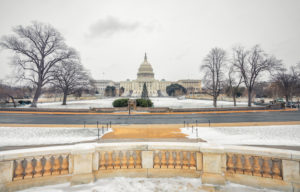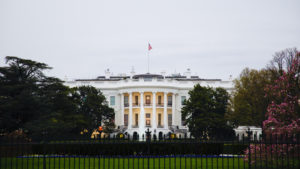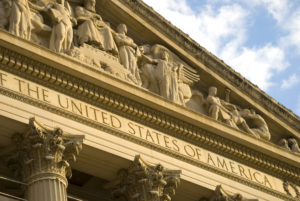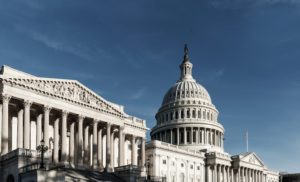Supreme Court Should Not Review Phony Separation of Powers Case
The petitioners in Consumers’ Research v. CPSC lack standing to challenge the Commission’s removal protection.
The King (Presumptively) May Do No Wrong
In Trump v. United States, the Supreme Court has expanded executive power and elevated the President above the law.
Legislators as Defendants but Not as Plaintiffs
The Supreme Court increased potential intervening defendants when it implicitly protected voter ID laws.
The Nondelegation Doctrine Is Alive and Well in the States
The U.S. Supreme Court could take a cue from Michigan and other states on reviving the nondelegation doctrine.
Israel Pushes Its Emergency Powers to Their Limits
Israel’s executives have authority to combat COVID-19, but they appear to be abusing their power.
Reflections on Bureaucratic Barriers to Immigration Reform
Practical obstacles to implementing policy illustrate how agencies assess their own constitutional authority.
Reform Congress to Rein In the Administrative State
Empowering Congress to fulfill its constitutional role can ensure regulation without administrative bureaucracy.
A Stronger Separation of Powers for Administrative Agencies
A better model for the administrative state includes both agency expertise and congressional oversight for major regulations.
A Constitutional Defense of the Administrative State
A new theory of administrative separation of powers protects modern government from its challengers.
Administrative Constitutionalism’s Lessons
The administrative state can teach us about the Constitution’s guarantee of liberty and separation of powers.
The Value of the CRA for Agency Guidance
The Congressional Review Act restores notions of separation of powers and empowers private parties affected by regulation.
Getting Agencies Back Into the Game
Regulatory reform should reduce rulemaking burdens to promote effective agency action.


